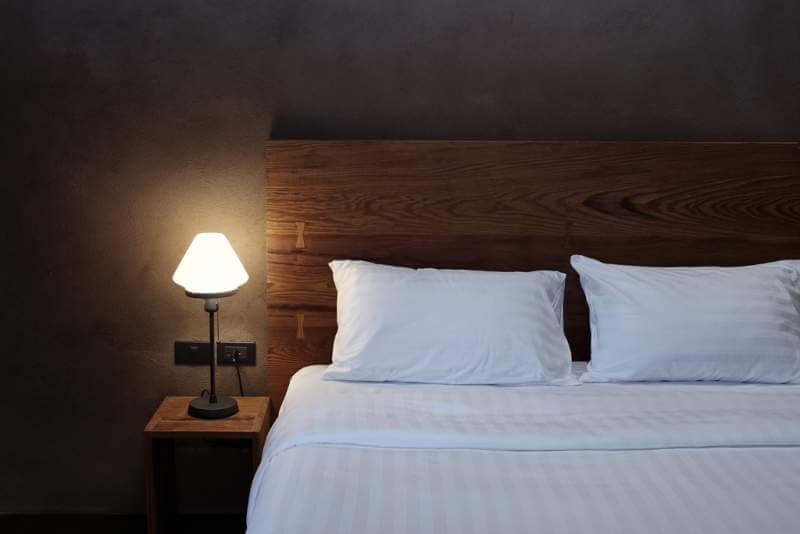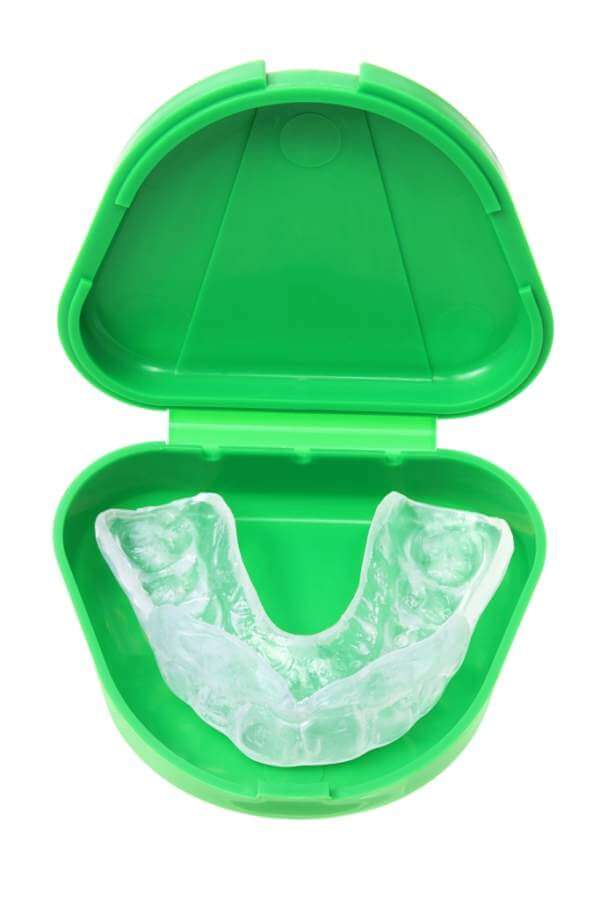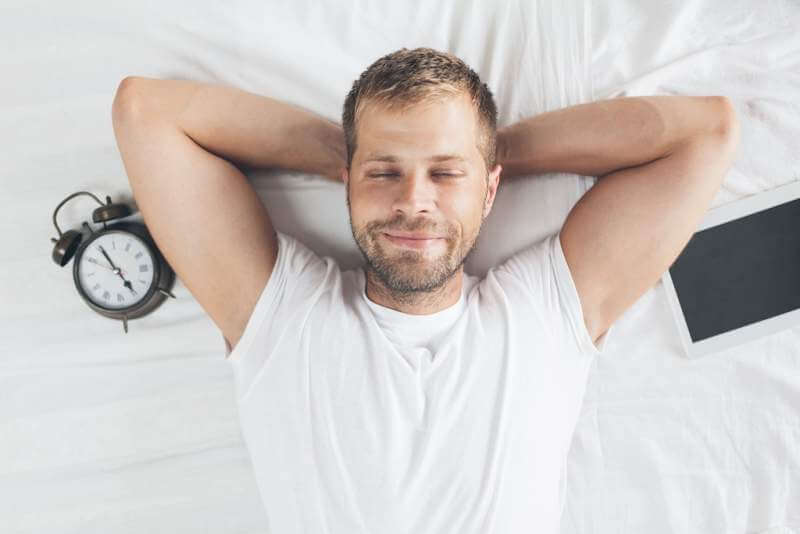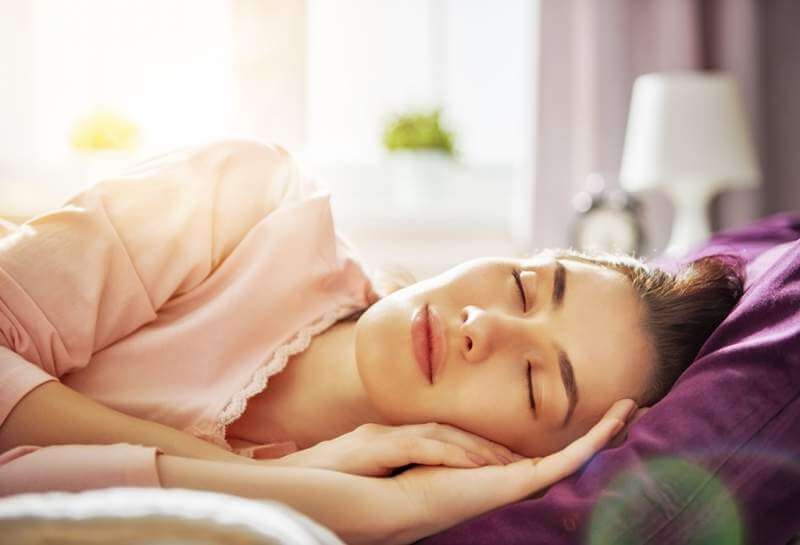If you’re living alone or don’t usually sleep near others, your snoring habit might not be a problem or even something you’re aware of. However, for couples, partners, or others that have to sleep around you, it can be the cause of some real stress in a relationship.
In either case, snoring is so much more than a habit or a personal quirk. Snoring has been proven to be indicative of a large number of health issues ranging from sleep apnea to even diabetes.
While some people may require the aid of a continuous positive airway pressure (CPAP) device, others may have snoring that has more to do with their sleeping position than anything else. As we’ll soon go over, your sleep position matters a great deal to the quality of your night’s rest.
Sleeping & Science
 Of course, it might sound like a bit of a stretch to imply that your sleep position has a scientific impact on your snoring as well as other general health factors. Upon closer inspection, however, it’s clear that you need to be aware of how your position affects your health.
Of course, it might sound like a bit of a stretch to imply that your sleep position has a scientific impact on your snoring as well as other general health factors. Upon closer inspection, however, it’s clear that you need to be aware of how your position affects your health.
For example–did you know that the temperature in the room you sleep in can affect your overall appearance and performance at work? As it turns out, consistency in both timing and the temperature of your sleep influences just how great your night’s rest actually is.
When it comes to your sleeping position, the reason you may be snoring might have to do with the positioning of your diaphragm.
For stomach sleepers, consider how your body is positioned. Much of the night, the head is forced to either side of the torso so that the airways can breathe unobstructed. However, this contorts the body and forces the airways to be strained to compensate for the torsion.
For side sleepers, keeping the head elevated at the right height means keeping the airways open and unobstructed. Back sleeping is a little more complex. The airways remain unimpaired, but excess body fat can wear down on the diaphragm over time.
While these positions have a range of how effective they are to combat snoring, they are helped–or hurt–by the quality of the pillow you use.
Pillow Talks
 For most people, using a pillow is just another part of sleep. But consider the height of your pillow carefully–as it can help or hurt your positioning in the night.
For most people, using a pillow is just another part of sleep. But consider the height of your pillow carefully–as it can help or hurt your positioning in the night.
For side sleepers, this is especially important. The side sleeping position is the best natural position to combat snoring, due to the opened diaphragm. However, you can quickly negate this benefit with the wrong pillow.
A pillow that’s too small or too large will force the neck to bend to compensate for the height difference. This will hyperextend the muscles and force the diaphragm closed, causing more snoring.
Generally, you’ll want a pillow that’s thinner for stomach sleepers, an average height for back sleepers, and more plush for side sleepers. A comfortable pillow is also key to a better night’s rest, so don’t be so quick to stack old pillows to make up for any height problems.
While picking the right position to sleep in is important, remember that there are so many other variables for the right sleeping position. There are no wrong answers here. Be sure to experiment around with your pillows to get the right height and reduce snoring.
Do I Need a Mouthguard?
 After a few nights of trying out different sleeping positions, you may be tempted to quickly relent on pillows and go straight for a mouthguard. While these help some, it won’t always be the best way to stop sleeping.
After a few nights of trying out different sleeping positions, you may be tempted to quickly relent on pillows and go straight for a mouthguard. While these help some, it won’t always be the best way to stop sleeping.
For those who don’t know, mouthguards are often used to keep the tongue and mouth in a specific shape to prevent them from closing the diaphragm. This can be especially useful for back sleepers who tend to have their tongues close off airways in the night.
For these people, however, a different sleeping position may be more cost-effective than a mouthguard, so be sure to exhaust all other options before going this route. There are a host of great mouthguards available at reasonable prices as well, so don’t be afraid to shop around.
Benefits & Final Thoughts
 Picking the right position or even option for a mouthguard are important to get you on track and reduce your snoring. If you live alone or aren’t sure how to measure your snoring, there are various applications you can use to record and monitor sleep.
Picking the right position or even option for a mouthguard are important to get you on track and reduce your snoring. If you live alone or aren’t sure how to measure your snoring, there are various applications you can use to record and monitor sleep.
Using a sleep application will help guide you through the process as you sort out your preferred sleeping position, and the best pillow to aid in opening your airways. Always be sure to check unbiased pillow reviews that will guide you towards the right pillow for you.
In any case, you may find that changing your sleeping position does far more than reducing your level of snoring.
Snoring has a nasty side-effect of reducing your REM sleep, which is needed for deep rest and rejuvenation in the night. Beauty sleep is a real thing, and if you’ve never experienced it, you might be surprised at its benefits.
Getting the right amount of sleep each night without tossing and turning has been linked to greater mobility, more energy, a more consistent work ethic, and other health benefits. Your sleep (and your first hours awake) set an important precedent for the rest of your day.
Why not start your day off right?
 As you can see, there are so many benefits to come from doing something so simple as buying a new pillow or changing the way you sleep at night. Not only will you be thwarting diabetes and other potential chronic diseases, but you’ll be more energetic than ever before.
As you can see, there are so many benefits to come from doing something so simple as buying a new pillow or changing the way you sleep at night. Not only will you be thwarting diabetes and other potential chronic diseases, but you’ll be more energetic than ever before.
We hope you reconsider your method of sleep and re-contextualize what it means to be well rested. Odds are high that, if you’ve never done so before, you have no idea what you’re missing out on.
So get the right pillow, use fresh linens, leave the phone in the kitchen, and get a better night’s rest tonight. You’ll thank us in the morning.
